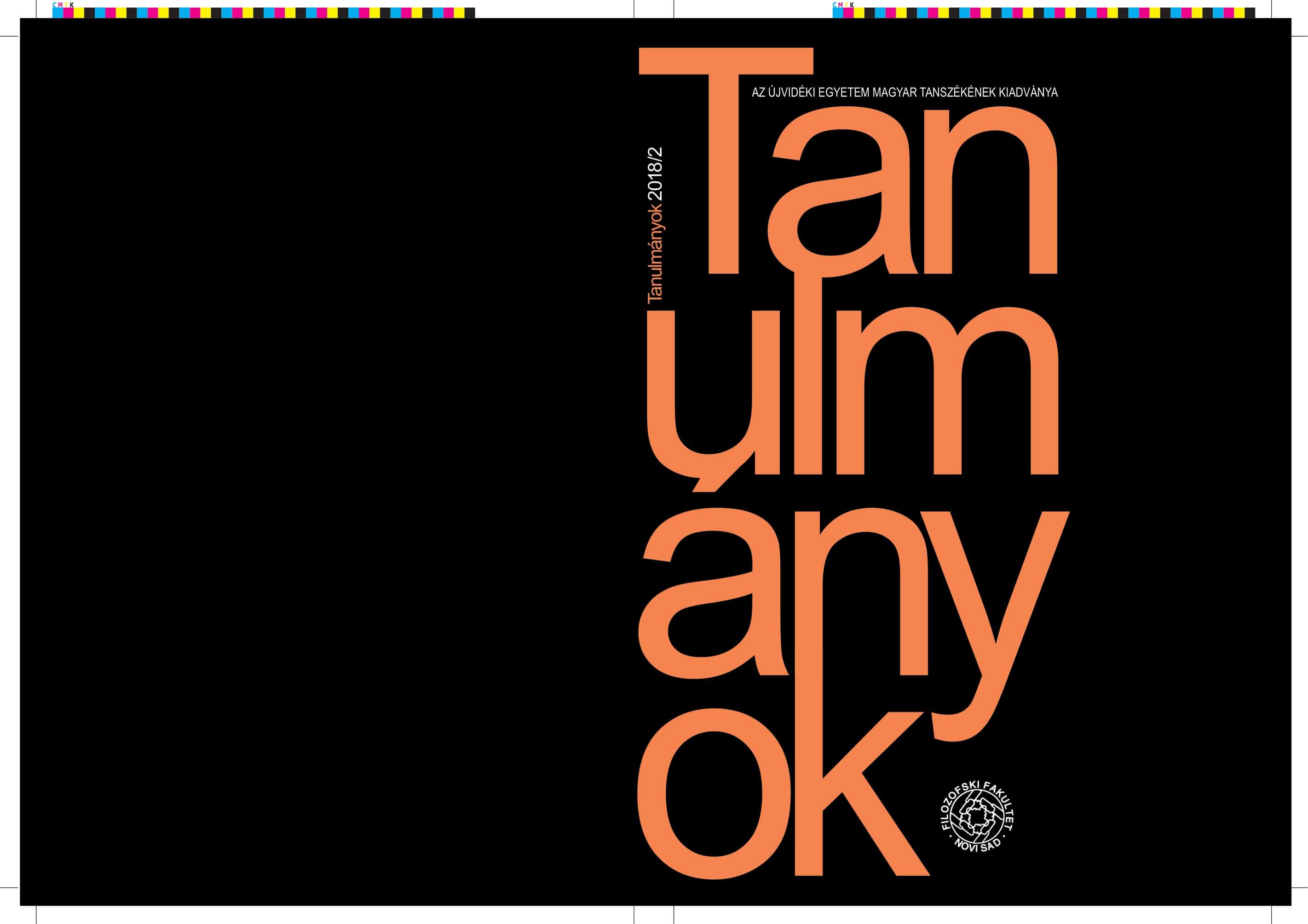Nyelvi emlékezet a Mequinensa-mítoszban
Linguistic Memory in Mequinensa-Myth
Resurrected Words
Author(s): Krisztina NemesSubject(s): Language studies, Studies of Literature
Published by: Филозофски факултет, Универзитет у Новом Саду
Keywords: national and linguistic memory; Catalan literature; diglossia; literary normative language
Summary/Abstract: The intimate relationship between language and reality is most likely to be discovered in the poetic register of the language. Our linguistic memory carries the images we have of the world, and when certain worlds ‒ lifestyles, professions,landscapes, etc. ‒ disappear, the words we use to describe them disappear with them too. My paper presents the example of a contemporary Catalan memory novel to illustrate how literature can create, guard and resuscite the linguistic universe of former worlds. The literary language of Jesús Moncada, a writer of Aragonian origin, is a good example of the impact of linguistic normative on the language use of a writer who writes on a stateless nation’s language, and vice versa of the influence of a high-level literary work on normative language. Native language literature has an important meaning and symbolic value for stateless nations, as it allows the international recognition of the linguistic homeland through translations.
Journal: Tanulmányok
- Issue Year: 2018
- Issue No: 2
- Page Range: 35-46
- Page Count: 12
- Language: Hungarian

